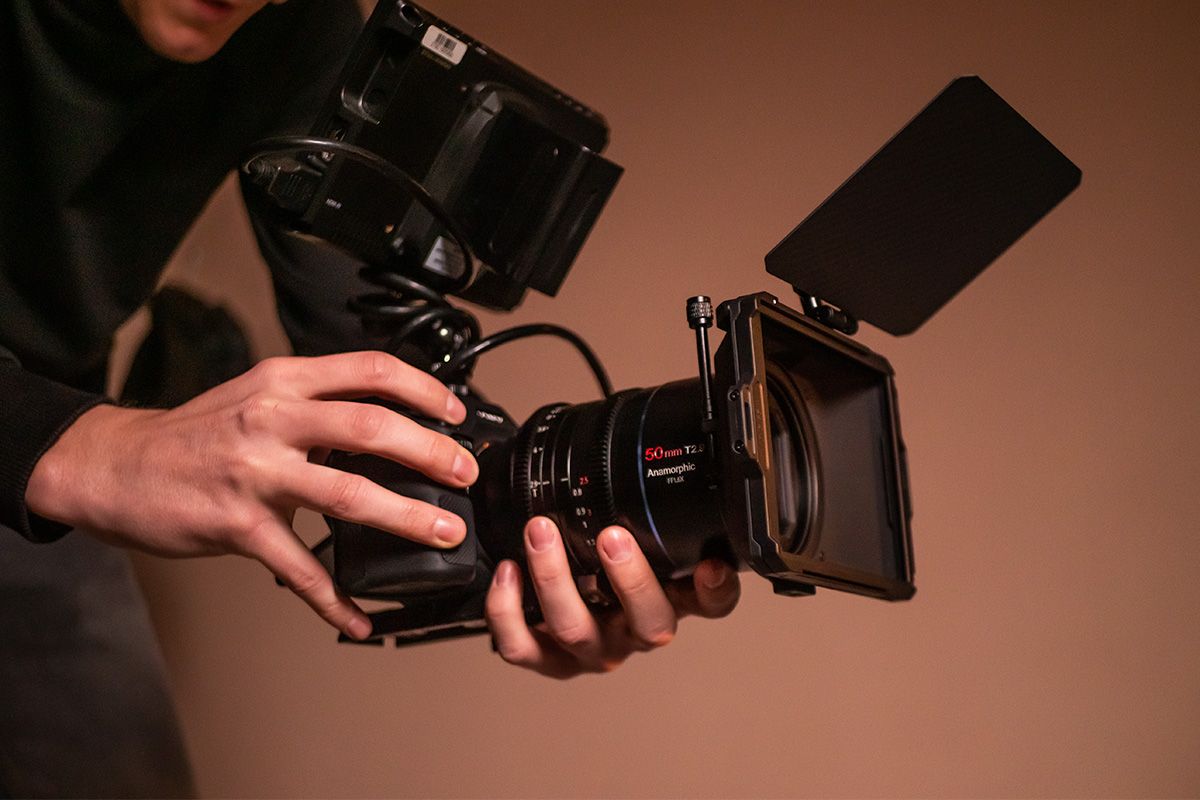You might be overlooking an essential accessory: the lens filter for your camera. Camera bodies and lenses often take center stage, but filters are just as important, especially for anyone looking to master photography or videography. Many beginners don't realize how much a lens filter can affect image quality, creativity, and lens protection. This article explains what lens filters are, how they work, and why they are a must-have in your gear.
What is a lens filter?
A lens filter is attached in front of the camera lens and is usually made of glass, sometimes of special optical plastic. It may seem like an unnecessary piece of glass, but it holds great importance in the world of photography and videography.
Its main function is to modify the incoming light before it reaches the camera sensor. This minimizes flare effects, reduces reflections in the field of view, and sometimes even achieves artistic effects in the shots.
It is also used to make challenging shots with significantly longer exposure times by reducing light and thus enhancing colors and contrasts. However, these filters are not a universal solution; there are various filters on the market, each designed for a specific task.
1. Neutral density filter:
One of the most commonly used lens filters. It blocks a certain amount of light. It is helpful for shots with longer shutter speeds or larger apertures in bright light. ND filters allow longer exposure times or larger apertures in bright light, enabling motion blur (e.g., silky waterfalls) without overexposure.
2. Ultraviolet filter:
As the name suggests, this filter protects your lens from UV radiation. Modern camera lenses already have such filters or use materials that can block this light. However, some users still like to use this filter for additional protection.
3. Polarizing filters
Another commonly used filter is the polarizing filter. It reduces reflections from non-metallic surfaces such as water and glass. It is also excellent for enhancing color saturation and contrast in your shots. It should definitely be part of every photographer's and videographer's camera gear, as many people shoot near reflective surfaces.
4. Infrared filters
These are often used by photographers in art photography to give photos a surreal effect. They work by only allowing infrared light (up to 720 nm, 850 nm, or even higher wavelengths) to pass through and have a characteristic dark, almost opaque glass layer.
5. Color filters
These filters are used by black-and-white photographers and are intended to enhance the contrast between different colors in grayscale. While they are not used very often in mainstream photography, they are still present.
Do you need camera filters?
Yes, you should, even if you don't need a specific lens filter for particular photographic results. A lens filter for the camera is an indispensable tool that both protects your lens and lets your creativity run free. It can protect your expensive camera lens by covering its outer glass element. Lens filters also help you adapt to different lighting conditions and balance colors in various environments.
For optimal results, it is recommended to invest in a powerful camera lens and a suitable filter. Such a lens is the SIRUI Venus lens. Equipped with a 1.6x anamorphic squeeze (aspect ratio 2.4:1) and a super bright T2.9 aperture, this lens is excellent for low light conditions and offers a smooth, shallow depth of field.
You also get an 82mm industry-standard filter thread that is compatible with most glass filters and optically optimized to deliver reliable results in both creative photography and videography. SIRUI Venus offers professionals who want to achieve various effects with a lens filter for their camera – from light control to adding creative lens flares to their content – true freedom.





